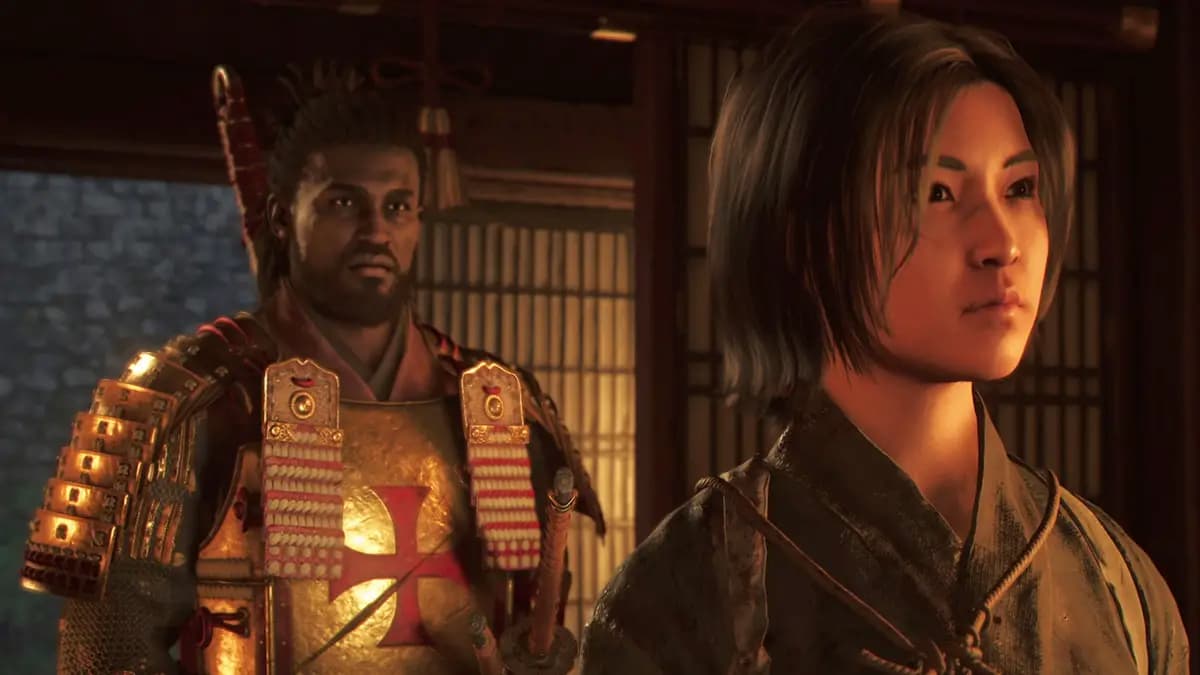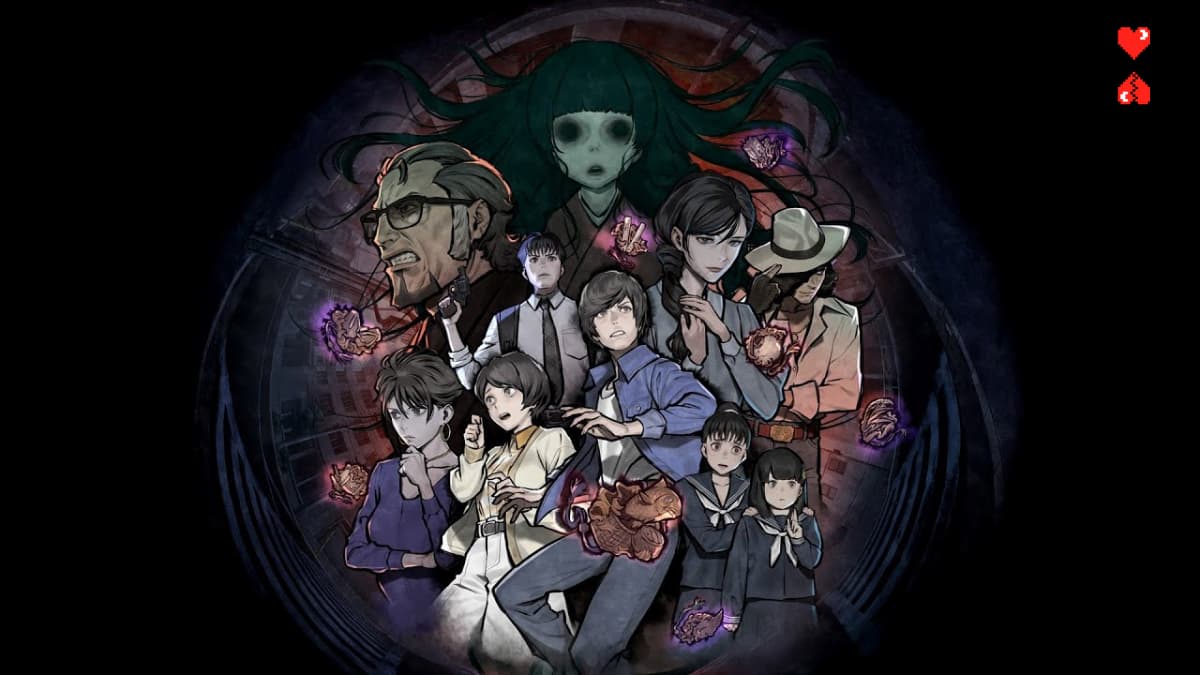We’re living firmly in the age of the spinoff. As such, The Penguin—a HBO limited series set in the same “Bat-Verse” continuity as Matt Reeves’ The Batman—arrives this month without raising too many eyebrows.
But that doesn’t mean there aren’t skeptics. For every Bat-Verse diehard hyped at the prospect of revisiting this incarnation of the Bat-mythos, there’s at least as many casual fans unsure whether Colin Farrell’s Oswald “Oz” Cobblepot (Cobb in the spinoff) can carry an entire side outing.
As it turns out, he can—up to a point, at least. Driven by Farrell’s dynamite performance, The Penguin is undeniably engaging TV. But how essential it is to the wider Bat-Verse is up for debate.
Kicking off one week after The Batman, The Penguin sees Oz Cobb (Farrell) navigating a post-Carmine Falcone criminal underworld. The ever-ambitious Oz senses opportunity in the power vacuum caused by his boss’ death, but there’s just one hitch: Carmine’s kids. Between Falcone’s screw-up son Alberto (Michael Zegen) and supposedly rehabilitated serial killer daughter Sofia (Cristin Milioti), Oz has plenty of rivals for control of Gotham City. To come out on top, he’ll have to rely on his fiendish wits—and Victor Aguilar (Rhenzy Feliz), a reluctant thief who becomes Oz’s unlikely protégé.
To add much more risks spoiling things, so I’ll just say that HBO seems pretty confident about The Penguin‘s prospects. The network supplied all eight episodes to critics up front—a move that conveys faith in the show. That faith isn’t necessarily misguided, either. Aside from its ties to one of the most popular franchises of all time, The Penguin is a very watchable crime drama (especially its earlier, more briskly-paced installments). Showrunner Lauren LeFranc and her team get a lot of mileage out of putting Oz in an impossibly tight spot each episode, only for the would-be crime boss to wriggle free into an even worse situation. Toss in bursts of dark humor and sly needle drops (a Dolly Parton track early on is an inspired choice), and there’s a lot to enjoy here.
Which doesn’t mean The Penguin unfolds without a hitch. Aside from the pacing problems with the show’s second half alluded to above, there are some predictable twists and questionable character motivations late in the game. More importantly, The Penguin rarely feels like a true extension of The Batman, despite Farrell’s involvement and prominent callbacks to that film’s events. In that sense, it’s a bit like the DC version of Marvel’s Netflix shows (one of the better ones), in how distinctly detached it feels from its big-screen counterpart for much of its runtime.
Related: New Trailer for Max’s The Penguin Provides Best Look at the Series Yet

That’s despite The Penguin‘s production values, which are—if not quite cinema-quality—pretty damn impressive. True, most of the action amounts to brief gunfights, as befits a more street-level story. But the show’s eight-episode run is also punctuated by a handful of blockbuster moments that feel off a piece with those in Reeves’ movie. The cinematography and score are first-rate, as well. Yet you never fully forget you’re watching a scaled-back take on The Batman‘s Gotham, which is perhaps unavoidable. TV simply isn’t cinema—not even prestige limited series TV. This cuts both ways, however, and The Penguin also benefits from the serialized small screen format, which makes its long-form character arcs possible.
Batman villains are often as tragic as they are terrifying; they’re broken people, lashing out at the world. With roughly eight hours at its disposal, The Penguin has far more elbow room to unpack this concept than the average two-hour flick. Oz Cobb is an admirably evil lead character (don’t expect a Loki-style redemption arc), but we spend so much time getting to know him—and Farrell brings so much texture to the role—that he’s easy to invest in. This is a man who weaves lies, truths, and half-truths together so compulsively, even he’s left guessing what he believes and who he cares about. There’s something frightening about that, but also sad.
Sofia Falcone is a similarly complex creation. Milioti effortlessly shifts gears to reflect Sofia’s unpredictable nature throughout The Penguin‘s eight episode run, often from one line to the next. She’s by turns charismatic, wounded, and ruthless—and always a worthy foil for Oz. Their scenes together, characterized by constantly shifting power and emotional dynamics, are electrifying and easily the best parts of the show. By contrast, Oz’s relationships with Vic and his ailing mother Francis (Deirdre O’Connell) are somewhat less compelling yet still get the job done.
Related: Is Batman: Caped Crusader a Spinoff of Matt Reeves’ The Batman?

Besides, they help reinforce The Penguin‘s bigger ideas. Throughout the show’s run, LeFranc and co. constantly circle back to a potent (if unoriginal) question: how do the people who raised us shape us? Are monsters born or made? Oz and Sofia’s respective journeys suggest the answer lies somewhere in the middle. Regardless, once you’ve got the “monster” label, it’s impossible for people to see you, much less respect you. Oz’s deep-rooted understanding of this, expressed by a near-pathological aversion to being overlooked, much less laughed at, bleeds into The Penguin‘s wider commentary on the disenfranchised ignored by City Hall and crime lords alike. Is said commentary a tad clunky at times? You bet. But it’s never enough to fully derail proceedings.
Even so, there’s nevertheless an inescapable air of superfluousness to The Penguin. When the credits roll on Episode 8, there’s a decent chance you’ll find yourself wondering what it really amounted to. Sure, there’s some set-up for The Batman – Part II woven into the narrative (albeit not as much as fans are undoubtedly hoping for). Yet apart from Sofia’s introduction, there’s arguably nothing covered here that Part II couldn’t have handled with a line or two of dialogue. And stripped of that purpose, you’re left with a solid Sopranos-lite extended portrait of an admittedly fascinating figure. That’s nothing wrong with that—but it’s not exactly something to squawk about, either.
The Penguin premieres on HBO on Sept. 19, 2024.














Published: Sep 12, 2024 4:00 PM UTC